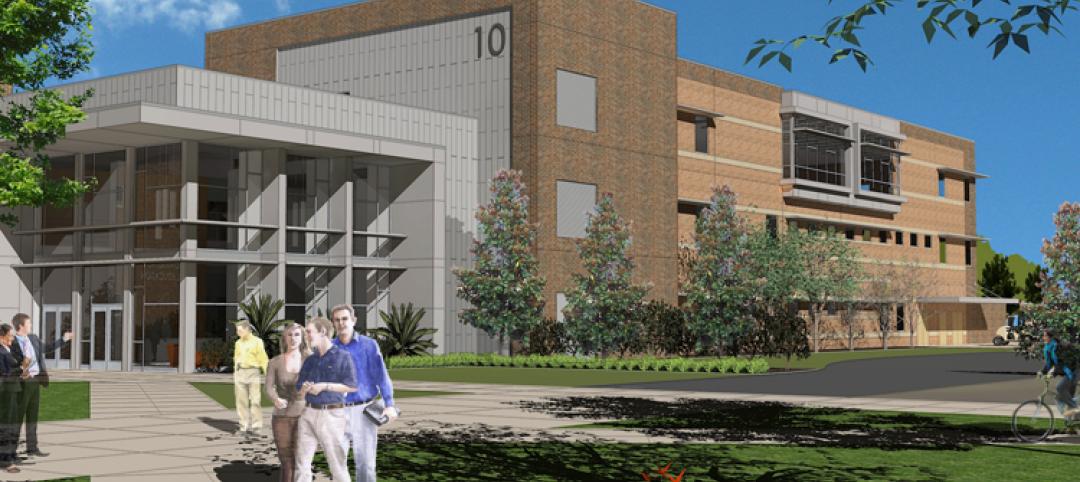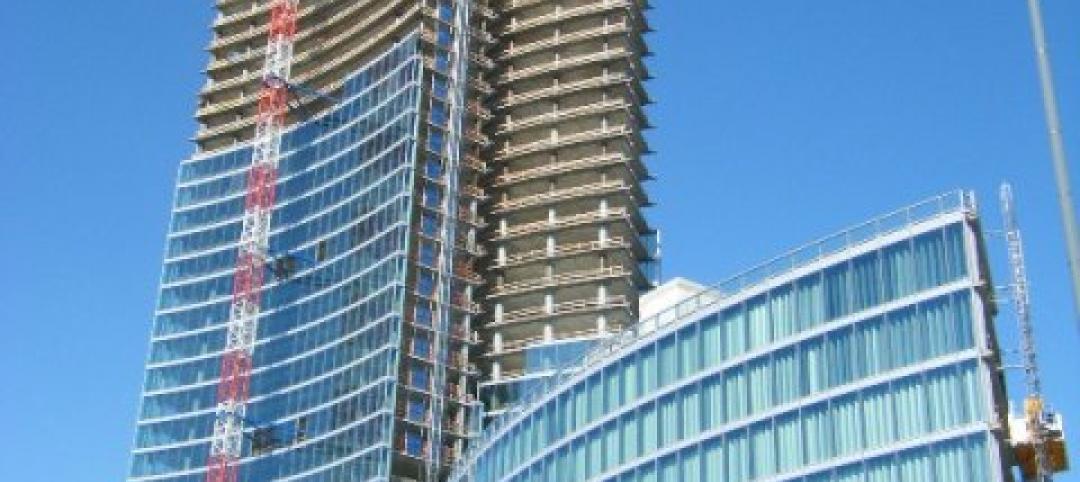More jurisdictions are utilizing the new International Green Construction Code as a tool to address sustainable construction for new and existing buildings. Fort Collins, Colo., and Kayenta Township, Ariz., are the most recent in a series of local and state governments that have adopted the IGCC, according to the International Code Council. These two actions follow earlier adoptions by Richland, Wash. and the state of Rhode Island. Fort Collins is the first jurisdiction in Colorado to adopt the IGCC and Kayenta is the first Native American tribal adoption and the first jurisdiction in Arizona to adopt the IGCC. The Code Council expects several more state and local adoptions of the IGCC within the next few months.
In March, the Fort Collins City Council voted to approve significant extractions from the IGCC and the National Green Building Standard, ICC 700, as part of green building code amendments to the city's building codes, which already includes nine I-Codes. The effective date for the provisions is January 2012.
Kayenta adopted the IGCC Public Version 2.0 on a voluntary basis and the code may be incorporated into the community’s Comprehensive Zoning Ordinance. Kayenta adopted the code with specific requirements related to greenfields, conservation areas, and agricultural land.
“The emergence of green building codes and standards is an important next step to provide communities with the opportunity to build sustainable and safe buildings,” Richard P. Weiland, International Code Council Chief Executive Officer said. “We are pleased to recognize Kayenta Township and the Navajo Nation as the first Native American community in the United States to adopt the International Green Construction Code and Fort Collins for being the first jurisdiction in Colorado to adopt the code."
The IGCC applies to new and existing, traditional and high-performance commercial buildings. It includes ANSI/ASHRAE/USGBC/IES Standard 189.1 as a compliance option. Coordinated with the ICC family of codes, the IGCC is designed to go beyond traditional code requirements for communities that are pursuing safe and sustainable construction.
The IGCC Public Version 2.0 offers a Zero Energy Performance Index (zEPI), requiring buildings to use no more than 51 percent of the energy allowable in the 2000 International Energy Conservation Code.
Examples of provisions in Public Version 2.0 include:
- A 20 percent water savings beyond U.S. federal standards for water closets in residential settings
- New requirements for identification and removal of materials containing asbestos
- Land use regulations including new provisions addressing flood risk, development limitations related to “greenfields,” use of turf grass and minimum landfill diversion requirements
- Clarification of responsibilities from the registered design professional to the owner to prevent potential conflicts with state and local requirements
- Greater consistency with industry standards for air handling systems
The IGCC’s cooperating sponsors are the American Institute of Architects (AIA), ASTM International, the American Society of Heating, Refrigeration and Air Conditioning Engineers (ASHRAE), the U.S. Green Building Council, and the Illuminating Engineering Society (IES).
IGCC will be published in 2012 after code development hearings in May and final hearings in November.
About the International Code Council
The International Code Council, a membership association dedicated to building safety, fire prevention and energy efficiency, develops the codes used to construct residential and commercial buildings, including homes and schools. Most U.S. cities, counties and states choose the International Codes, building safety codes developed by the International Code Council. The International Codes also serve as the basis for construction of federal properties around the world, and as a reference for many nations outside the United States.
Related Stories
| Apr 26, 2012
Gensler's Leiserowitz: Employs holistic philosophy to foster clients' creativity, comfort
Leiserowitz became regional managing principal in Chicago for San Francisco-based architecture and design giant Gensler a little more than a year ago.
| Apr 26, 2012
Energy efficiency requirements heighten the importance of proper protection for roofing systems
Now more than ever, a well-insulated and well protected roof is critical in new or renovated commercial buildings.
| Apr 26, 2012
Orange County, Fla. high school receives NAIOP “Public Development of the Year” award
School replacement designed by SchenkelShultz Architecture and constructed by Williams Co.
| Apr 25, 2012
Bubble skyscraper design aims to purify drinking water
The Freshwater Skyscraper will address the issue of increasing water scarcity through a process known as transpiration
| Apr 25, 2012
Thornton Tomasetti/Fore Solutions provides consulting for Biologics Support Center
Project receives LEED Gold Certification.
| Apr 24, 2012
ULI Real Estate Consensus Forecast, projects improvements for the real estate industry through 2014
Survey is based on opinions from 38 of the nation’s leading real estate economists and analysts and suggests a marked increase in commercial real estate activity, with total transaction volume expected to rise from $250 billion in 2012 to $312 billion in 2014.
| Apr 24, 2012
Roofing Supply Group acquired by Clayton, Dubilier & Rice
RSG provides a complete offering of residential and commercial roofing materials and related supplies.
| Apr 24, 2012
McLennan named Ashoka Fellow
McLennan was recognized for his work on the Living Building Challenge.
| Apr 24, 2012
AECOM design and engineering team realizes NASA vision for Sustainability Base
LEED Platinum facility opens at NASA Ames Research Center at California’s Moffett Field.
















